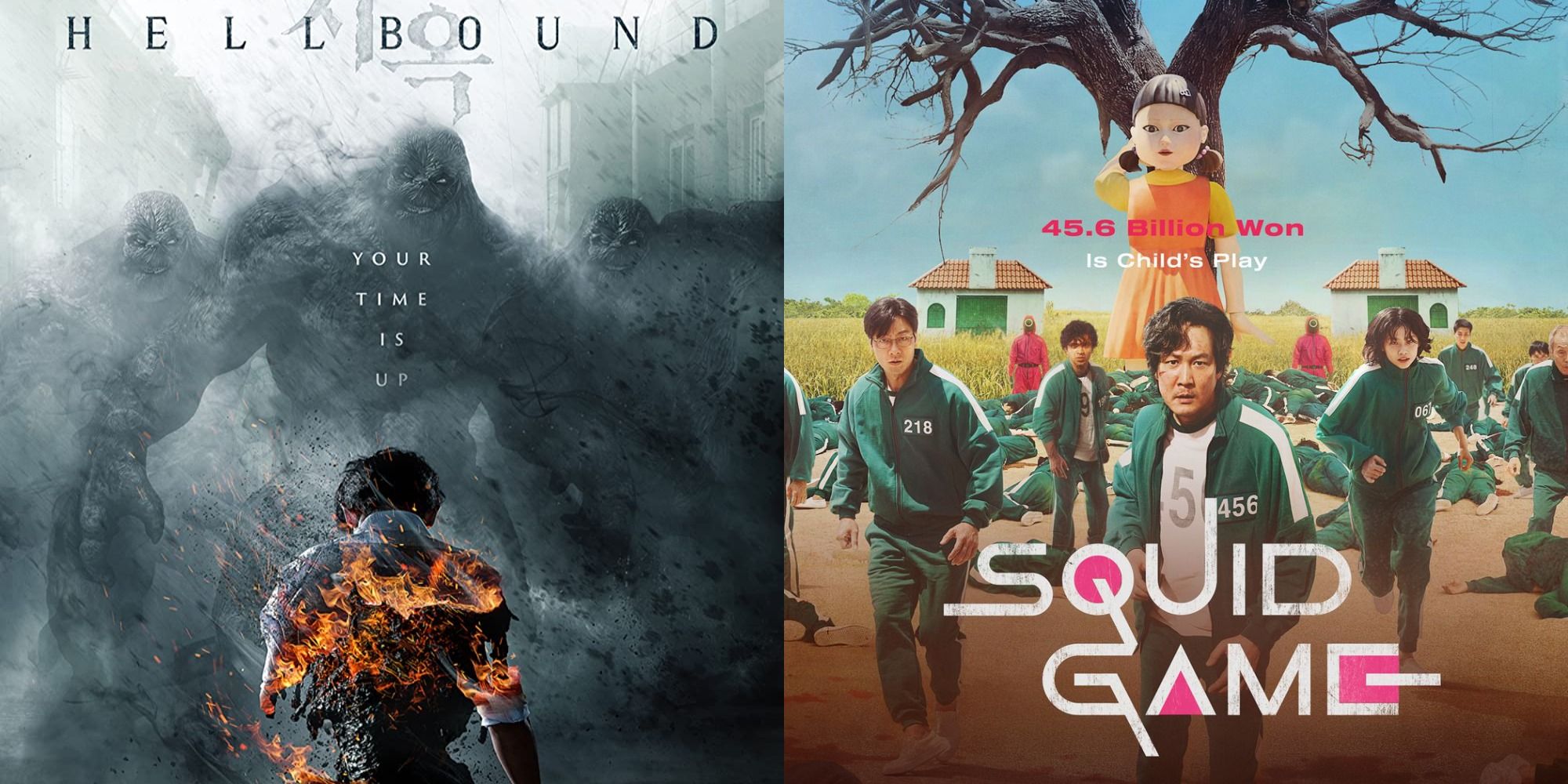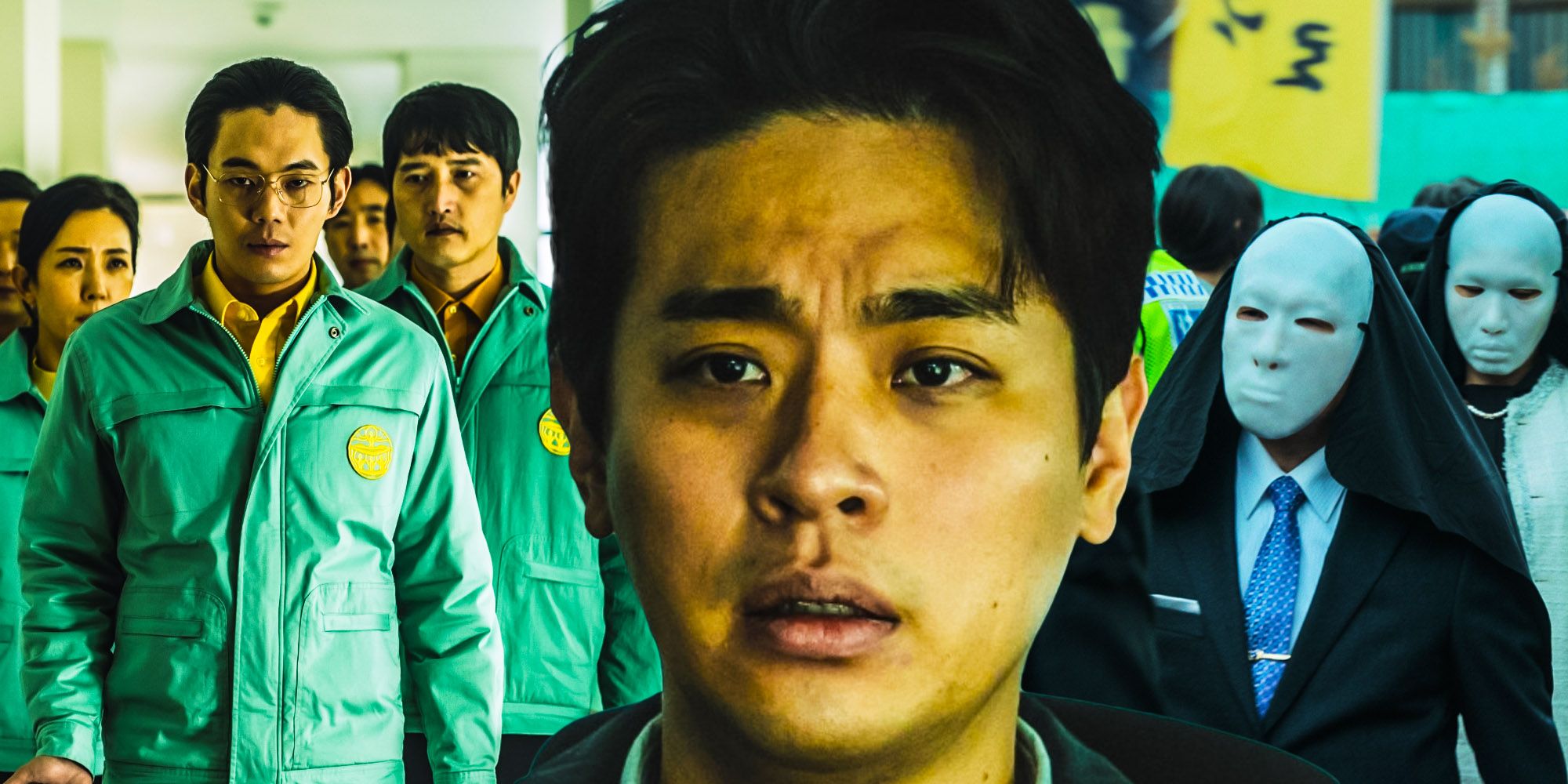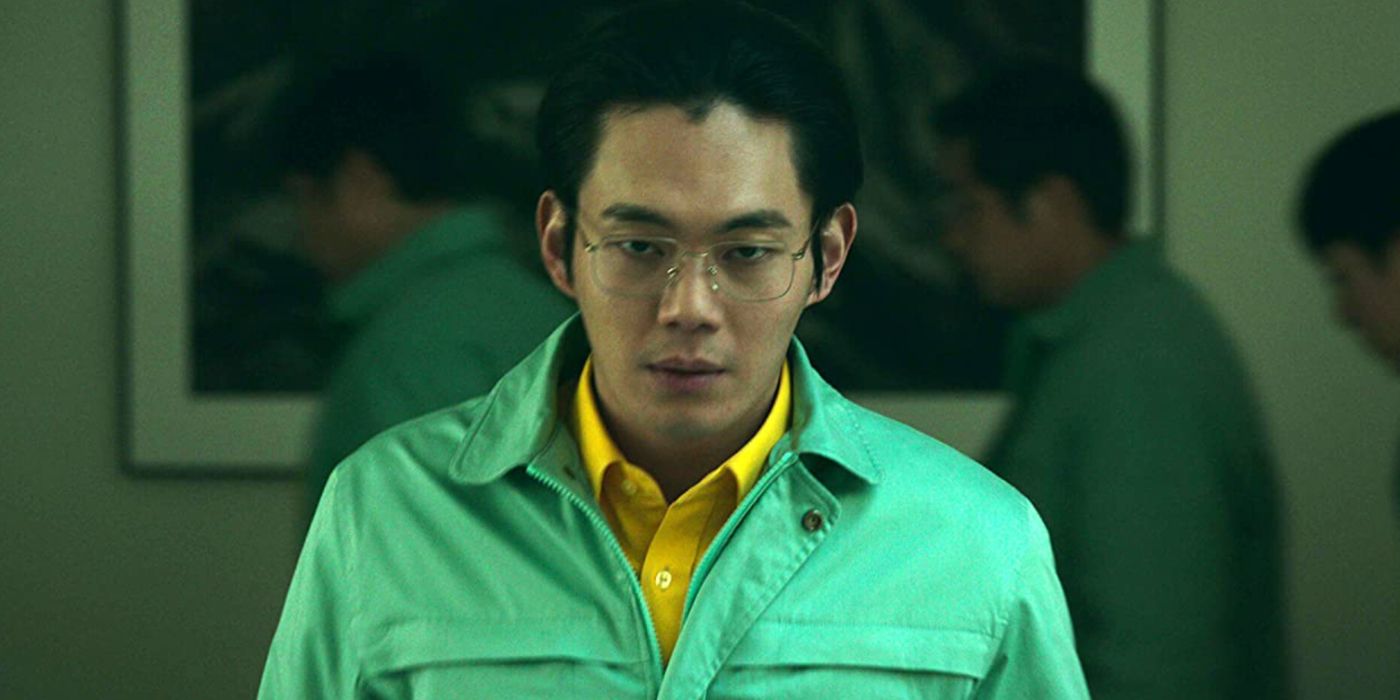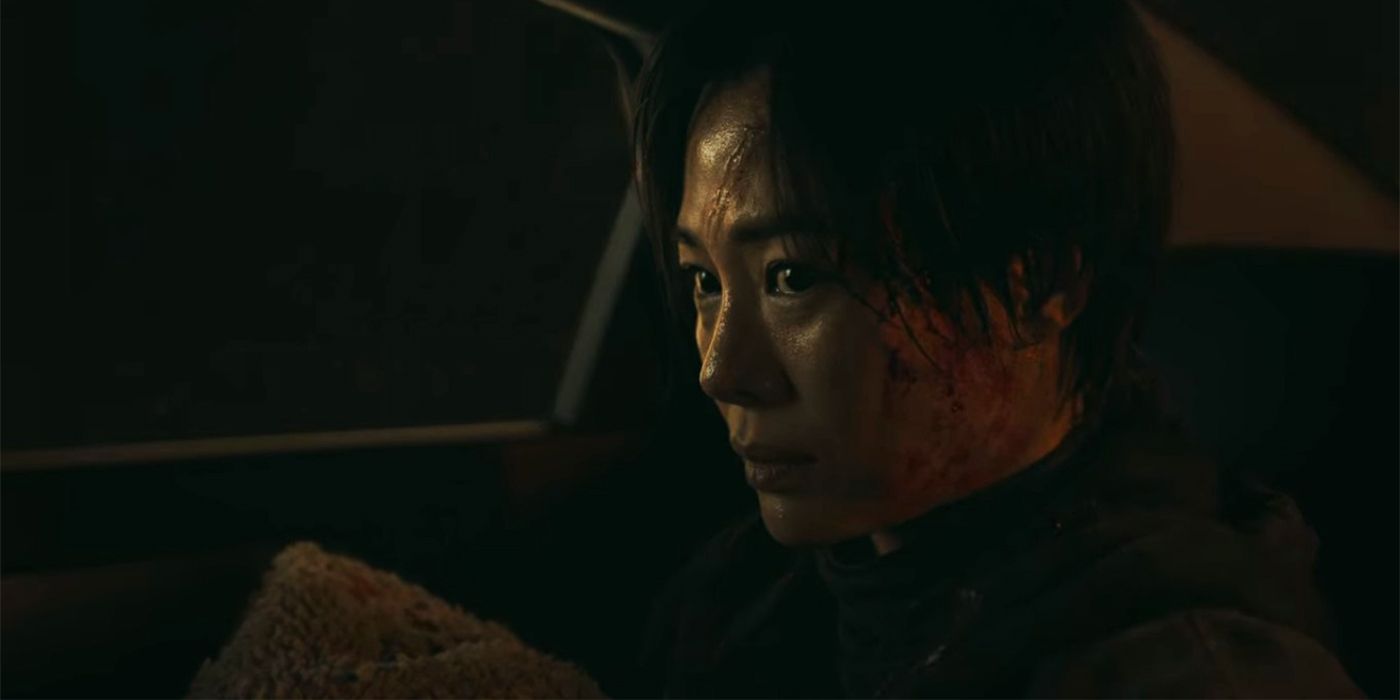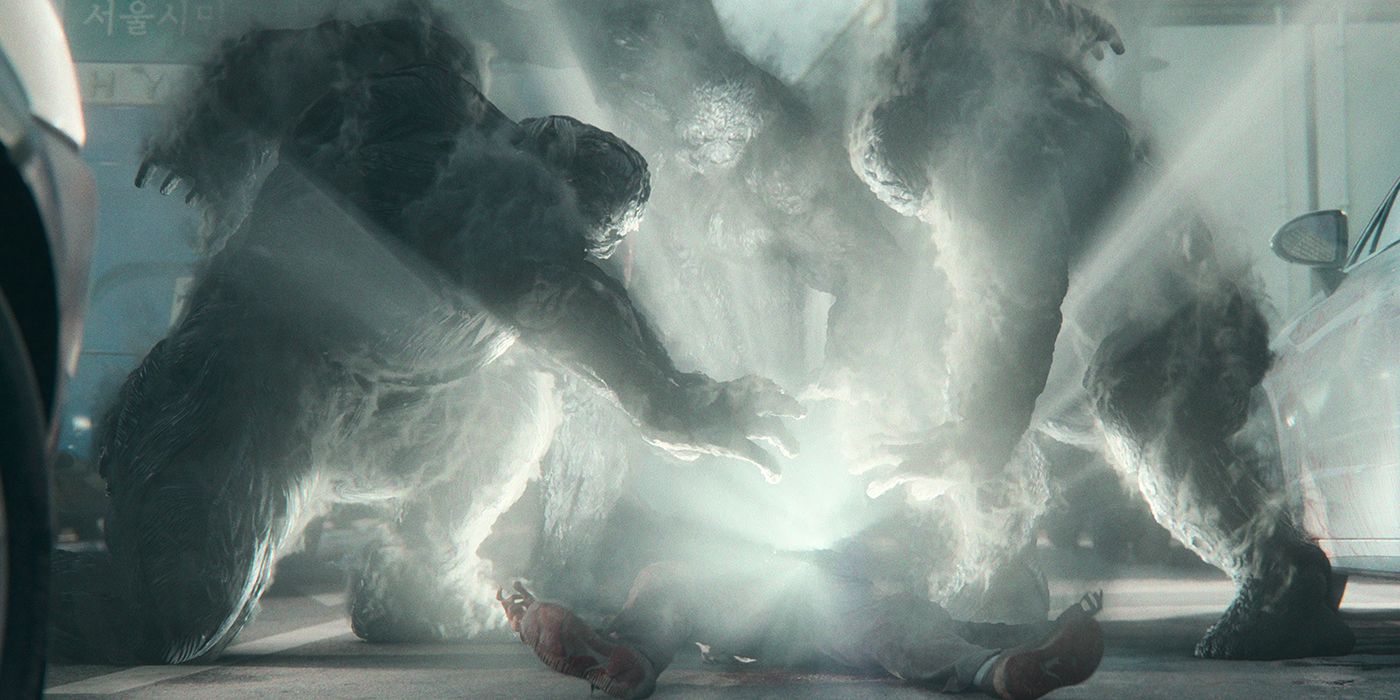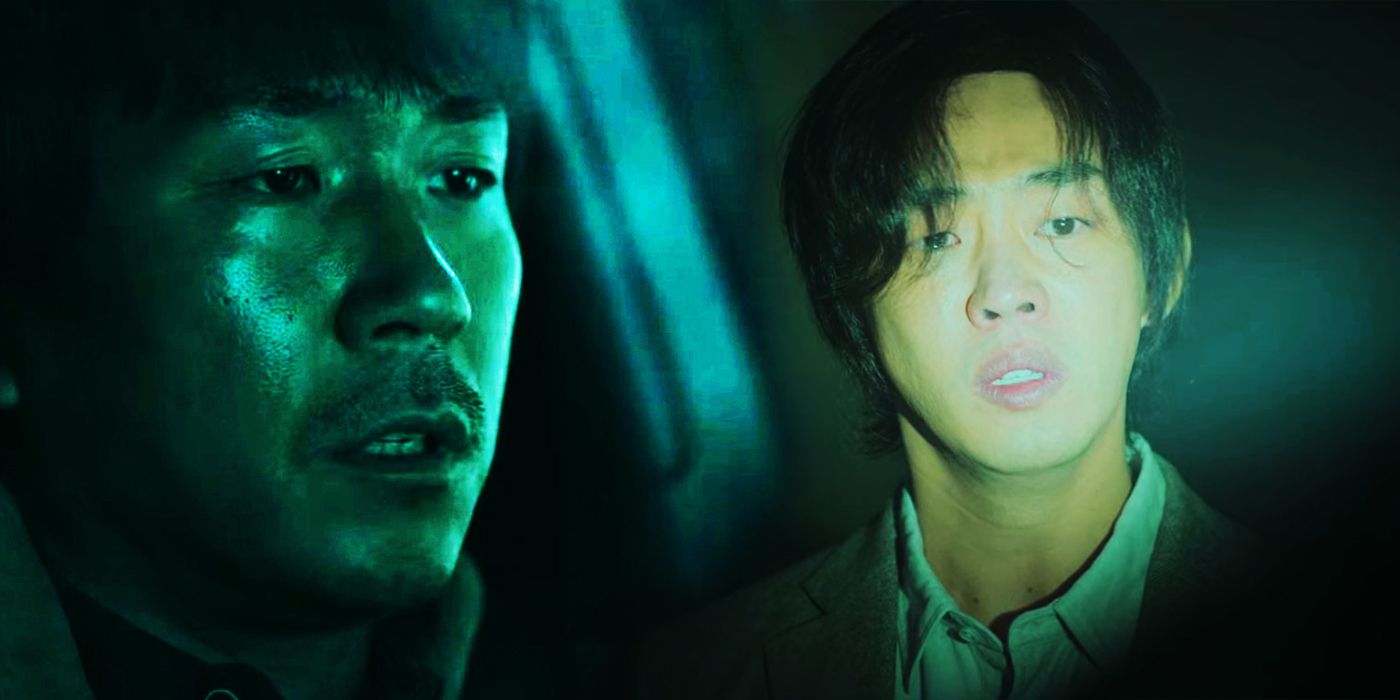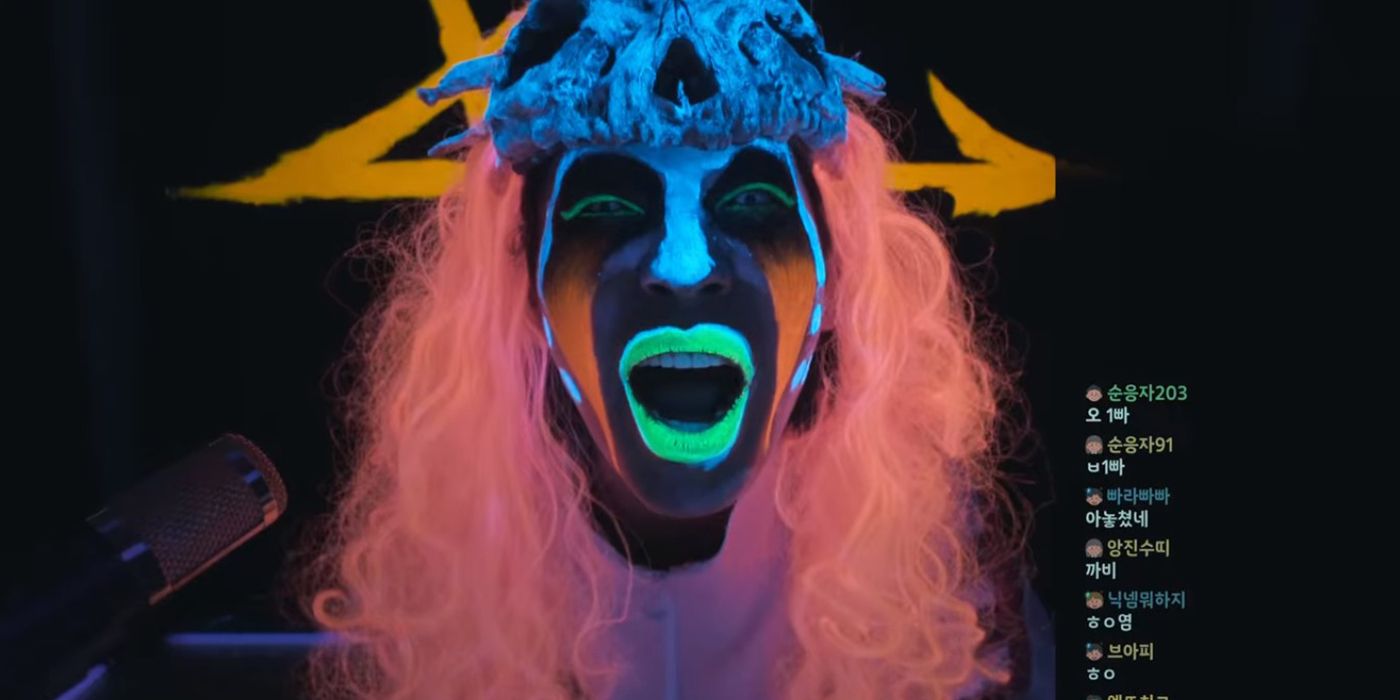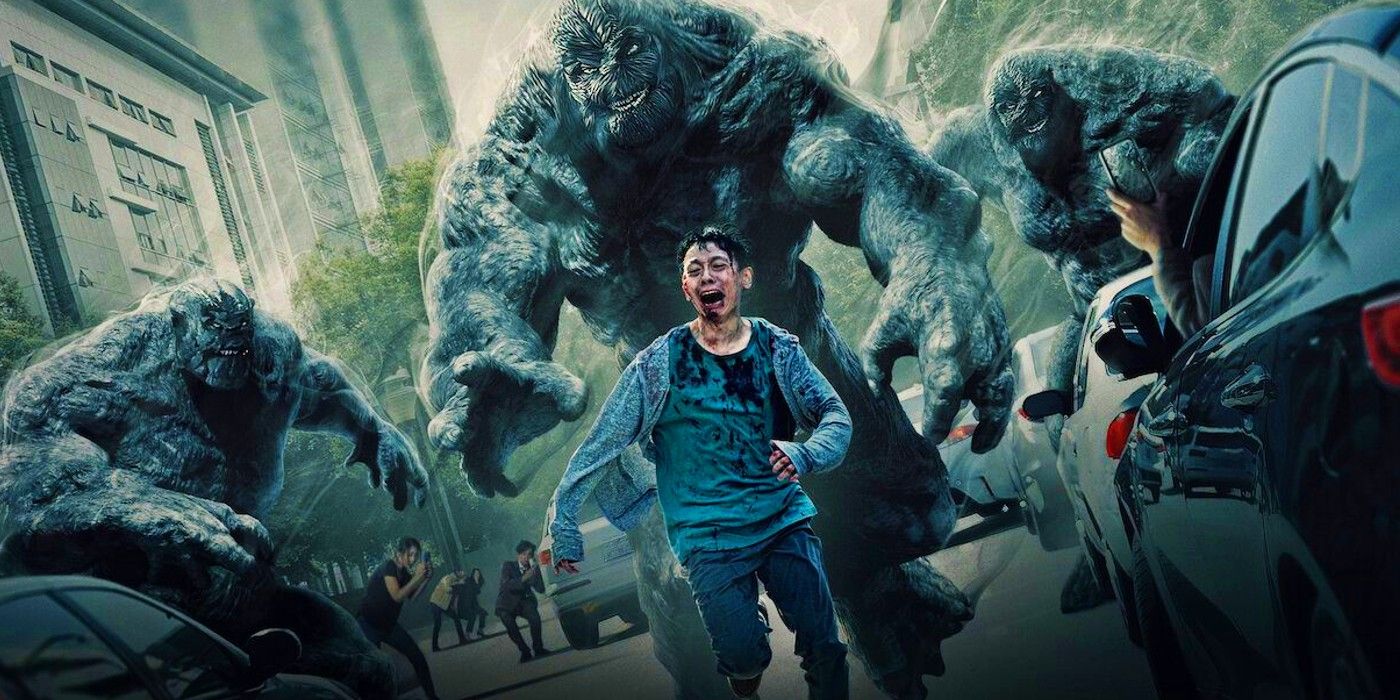The ambitious all-new Netflix's Hellbound has cemented the way for K-entertainment firmly in the mainstream after the worldwide hit series, Squid Game. The dark thriller series is the latest creation from the mind of the cult fave Train to Busan director, Yeon Sang-Ho. The violent series is an enthralling narrative that focuses on the horrors of belief. Squid Game marked the pace for South Korean dramas in the mainstream earlier this year, and the wave doesn't seem to stop with Hellbound taking up the mantle.
After receiving rave reviews, according to top10.netflix.com, the series has broken Squid Game viewing records of 25.7 million hours to a whopping 67.5 million hours from Nov 22-28. This modern dark fantasy, adapted from the webtoon of the same name, is a cinematically rendered version of the wrath of God with an intriguing premise that grips the viewers to the plotline on blind faith and supernatural beings. And, when accounting for quality, Hellbound comes out on top for these reasons.
The Dynamically Fast-Paced Narrative
Hellbound is a miniseries set over 6 episodes, perfect for a binge-watch. Squid Game stretches its plot with death-defying games throughout 9 episodes, while Hellbound is a bit fast-paced in its storyline.
While the former narrates the story over weeks, Hellbound focuses on the overall emphasis the narration would have on the people. It builds two different timelines, where the first three episodes focus on the development of the plot, and the next three episodes give the viewers a 5 year later situation. Despite the short timeline of the story, Hellbound's timeframe absolutely works in its favor.
It's Gruesome And Bloodier
Squid Game took the entertainment by storm with its deadly take on simple childhood games. The show had some gnarly scenes that swayed past those "child-friendly games." Hellbound, however, takes a much gritter and darker twist of the plot.
The show begins with a violent scene of a man being torn apart and sent to hell, and if this didn't rub those nerves, the series has a lot more gory scenes ahead. As the series progresses, the story takes a darker, knottier path, as far as to even go from violent deaths to gruesome tortures. Hellbound surely satisfies the taste of gore-horror-loving viewers.
Not Everything Is What We See
A drama is best when a simple conflict unravels layers of sublevel plotlines and threats. Squid Game starts the series with the deadly competition pitting each contestant against the other, layering this with their dilemma and their chemistry with the higher VIPS, opening a whole new subplot that focused on each character's arc and their struggles and their ultimate fate. Hellbound leaps this theory into an implausible narration.
What initially seems like a simple misunderstanding and blind belief of the demonic attacks later evolves into a faceted societal issue. While some search for the answers, others use this to their advantage to preach the implausible. With a gruesome premise, the show keeps high stakes for the later on characters, grappling the viewers with an illusion of what could happen.
The Depiction Of Hunger For Power
Squid Game focused solely on the disparity among the society caused by money. The contestants' lives controlled by the higher-ups marked their power. While the purpose of the show was to showcase this inequality of power and money, it was pretty evident that the contestants had no own will and were at the mercy of the game.
On the other hand, Hellbound highlights the hunger for power between the New Truth and the Arrowhead. Both groups head for control and manipulation of people over what they believe. The fear and confusion among the people empower the groups, each with their own propaganda of what the truth may be.
It Layers Character And Story Simultaneously
K dramas rarely compromise on their character development as their series progress; this was evident in Squid Game considering, how each character arc was important. The primary role played by Lee Jung Jae proves that K dramas have the finesse of blending perfect acting along with the story writing.
Hellbound displays a layered and well-written storyline. Not only does the perfect lineup of characters aid the narrative, but they each also show progressive growth and a blend of perfect acting. Yoo Ah-In, who plays the charismatic leader of the New Truth, Jeong Jin-Soo, undeniably hints at the cult leader vibes. Despite his flawed acts, there is some sympathy that viewers relate to the character.
It Highlights Instinctive Character Flaws
In a story that relates to societal issues, the portrayal of characters is pertinent. Having characters display relatable storylines is very appealing, which helps viewers gain a sense of connection with the plot itself.
Squid Game and Hellbound both shows have their eccentric verse in this. Hellbound shows each character with flaws that visibly appear during the mayhem. The shortcomings in the characters are evident in their response to the demonic attacks. While the New Truth sees the attacks as a condemned path for sinners, their belief inspires deluded kind of "vigilantes" called The Arrowheads, who lead violent witch-hunting under the social media streamer Lee Dong-Wook. On the other hand, characters like Min Hye-Jin, an attorney caught in the crossfire of such fanaticism, leave her with the only intention to take down the New Truth. These characters display the instinctive flaws people face believing what society portrays as the truth.
Its Unanswered Cliffhangers
Suspense is a must-ride in any thriller series, and Squid Game and Hellbound both deliver it. The overall series had two timelines, both part of a parallel universe that leaves a lot to ponder on for the viewers. Each episode directs something new and unanswered, leaving more open doors than closed.
Squid Game ends with unanswered questions, a suspenseful cliffhanger leaving the fans to expect a season 2. Similarly, Hellbound ends with an intriguing cliffhanger with hopes for a definite season 2; however, the mystery at the end would have more impact on the entire series' timeline in comparison.
Its Manipulation On Fundamental Beliefs
Manipulation is a pressing issue in both shows. One shows the economic inequality and its usage as leverage, and the other shows the greed for manipulation over the people.
While Squid Game focuses on how the economic disparity puts the rich in a position to take advantage of the debtors for their "amusement," Hellbound persuades people to understand different kinds of manipulation done in the society for personal gain. The cult society of the New Truth is a metaphor for what the people listen to, while the so-called vigilantes are direct examples of how social media could have a persuasive effect on society.
Its Nod To The Digital Era
The media frenzy plays a big part in the activities of the youth. While social media is a platform to express one's opinions, things don't always turn out just as an opinion.
Hellbound series takes a subtle nod to the influence of media and connects to the younger generation. This salient detail in the script highlights the current situation and the probable impending scenarios in the future. The introduction of Lee Dong-Wook as a fanatic streamer spreading his assumptions on the attacks and as a follower of the "cult," The New Truth was a nod to the online influence. Not only does he makes offensive remarks against Hye-Jin and those who don't acknowledge the "Ways of God," but he eventually leads violent teenagers on witch hunts. His character was a villain who could have been a hero had it not been his sense to rationalize the wrong.
Its Spotlight On Societal Dilemma Of Faith
A series that impregnates and highlights a controversial topic is often under the spotlight. These South Korean dramas are the perfect thrillers for a binge-watch but with a subtle nod to pressing issues in society.
Squid Game became a global phenomenon when it glammed the essence of bringing back childhood nostalgia in death-defying game competition. The pressing concerns of economic NEXT lead the characters to participate in the game only to have stripped off their sense of humanity through the process. Hellbound is a brutal series underlining the blind faith that society believes. The concerns with blindly believing a personality have always been a controversial topic up for grabs, and the series perfectly demonstrates it. Unlike Squid Game, Hellbound is not an all-fun ride, as the series is more serious, brutal, and gory, but that exactly sells off for the plot and is likely to keep the viewers hooked for a longer time.

